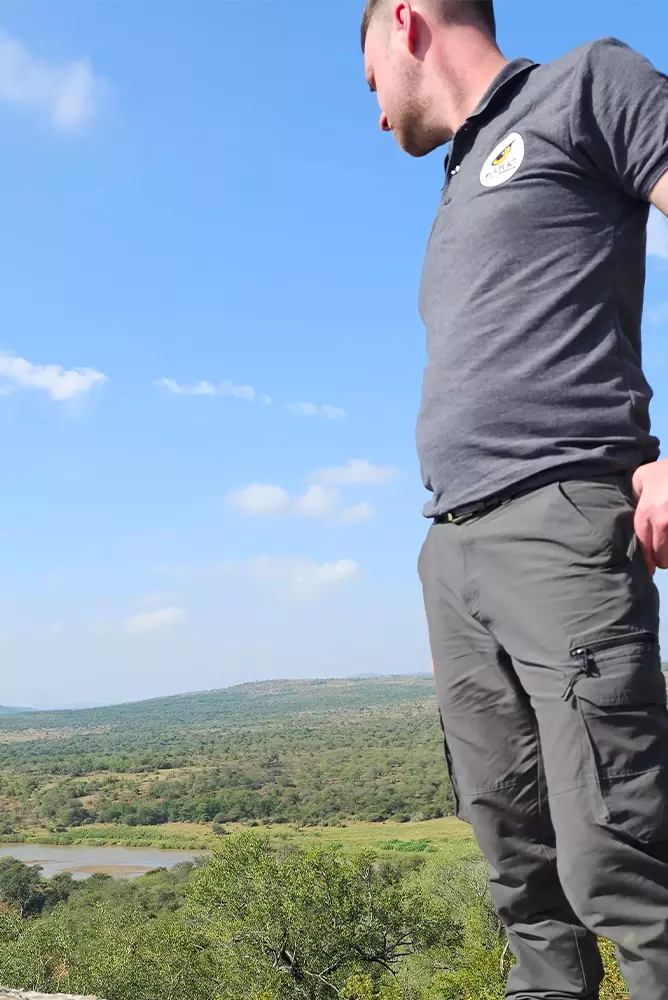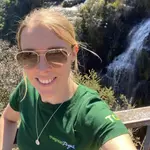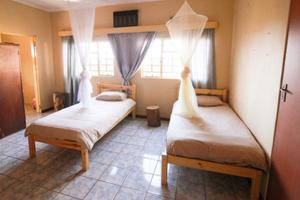

Zululand Wildlife Conservation Project
Assist in vital conservation efforts in South Africa, working to protect the iconic ‘Big 5’ and other priority endangered species.
Speak To A Travel Expert
Activities
During your time on the project, you could be placed on any of the three stunning wildlife reserves with the option to experience another reserve if you volunteer for three weeks or more. Each of the reserves are home to the ‘Big 5’ but all have a slightly different conservation focus. Below you will find activities that take place across all the reserves and you can find more information about each within the project guide.
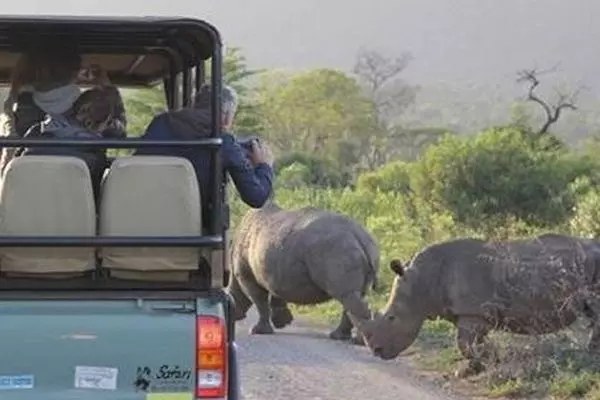
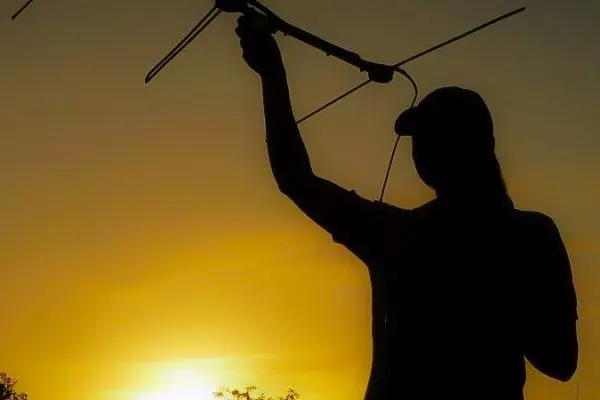
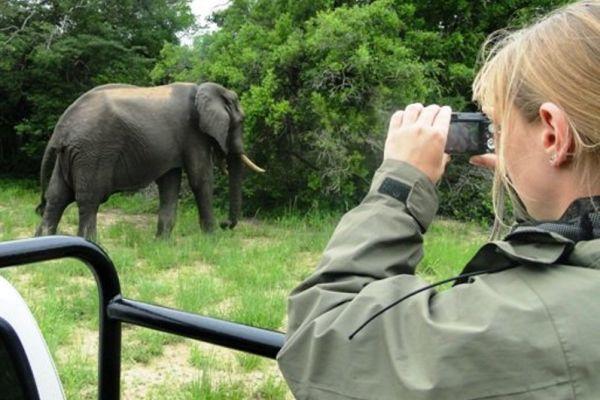
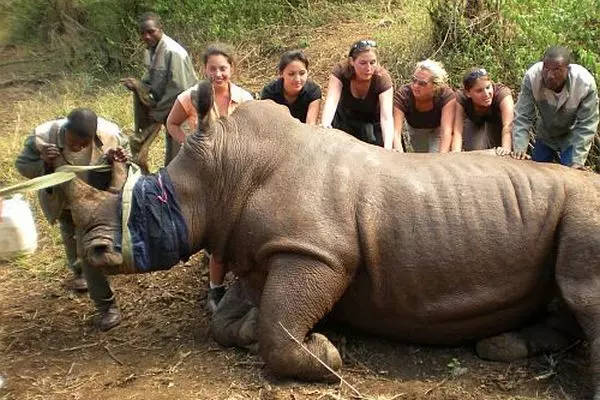
Itinerary
Please note itineraries are subject to change and what follows is simply a rough guideline.
Durations & Prices
Accommodation
Accommodation
No matter which of the reserves you are based at, you can rest assured that your accommodation will be comfortable and surrounded by beautiful African scenery. Rooms are generally shared on a same-sex twin basis (or on occasion three to a room) and your bed linens and pillows are provided. Each accommodation has western-style toilets, warm showers, communal kitchens and lounge areas, as well as lovely outside barbecue areas for you to dine and relax in. They are also located within the reserves themselves, so you can expect stunning views and wandering wildlife!
Meals & Beverages
Food is provided for you on this project, though you will need to prepare your meals yourself. All reserve accommodation comes with a fully equipped kitchen with an oven, stove, microwave and solar cooker available for you to use. You may wish to prepare meals as a group, which can be the perfect opportunity to learn a new dish or show off your cooking skills. Every week the project staff will take you into town to stock up on food supplies. Dietary requirements can be catered for, though we politely ask you to let us know of any in advance of travel.
Project Details
When Is The Best Time To Volunteer?
The monitoring of wildlife on this project happens 365 days a year, meaning the only factor that may affect your decision of when to volunteer is the weather. Zululand has a subtropical climate, as it is situated in the northern part of the KwaZulu-Natal province, bordering Mozambique.
The summer season is considered October to April when temperatures average 30°C (86°F), and overnight temperatures remain at around 25°C (77°F). Summer is usually considered Zululand’s rainy season which may cause afternoon/evening thunderstorms – something that is truly incredible to experience in Africa! With the rains, wildflowers start to bloom and new grass emerges in a brilliant display of green.
May to September is the winter season which is mild and dry with temperatures sitting around 25°C (77°F) and as vegetation isn’t as dense, the visibility of animals can be better!
Getting There
You will need to fly into Richards Bay Airport (RCB) on your project start date, and there are daily flights that connect via Johannesburg. You will need to book a flight that lands before 12pm to make your transfer time. If you are unable to arrive by 12pm, we recommend arriving a day early and staying in a local hotel.
On your final day, your departure flight should be booked to depart no earlier than 12:25pm, to allow you enough time to get to Richards Bay Airport.
Visa Requirements
Citizens of most countries, including the UK, USA, Canada, Australia and most of those within the EU, do not need to obtain a visa to enter South Africa and are granted entry for up to 90 days upon arrival. You will, however, need at least 2 blank pages in your passport for the immigration officials to use and your passport must be valid for a period of at least 6 months from your date of entry.
If you are unsure of your individual visa requirements, we recommend speaking to your local South African embassy at least 2 months prior to travel.
Fitness & Skills
The majority of the work is undertaken from a tracking vehicle, however, at least a moderate level of fitness is advised as you may need to walk for periods of time in order to track certain species and may need to assist with manual tasks in the hot weather. No specific skills are needed – all we ask is that you’re enthusiastic and willing to work as part of a team.
Vaccinations
There are no specific vaccination or medical requirements needed to join this project. The vaccinations required will depend on the individual medical history of each volunteer. We recommend that you consult with your doctor/GP regarding your own vaccination needs as this will ensure you are protected and prepared to travel. In conjunction with this, we also recommend that you take a look at the Fit for Travel website for more helpful information on how best to prepare for your experience.
Gallery
News & Stories

Marvellous Monitoring Team
UPDATE | Apr 2025
Check out our volunteers in action, monitoring endangered and priority species, fuelled by coffee breaks and South African biscuits!

Volunteers Observe Lion Coalition
UPDATE | Mar 2025
Recently, staff and volunteers were lucky to witness a coalition of three males mate and secure a bond with a single female. In many cases, all the males in the coalition will mate with many, if not all, of the adult females in a pride to secure the bond and produce the next generation of cubs.

Recent Camera Trap Snaps
UPDATE | Jan 2025
Explore the secret lives of wildlife through recent camera trap images captured in the heart of Hluhluwe-iMfolozi Park. This non-invasive wildlife monitoring tool reveals various species and their fascinating behaviours and interactions at night!
Reviews
Incredible experience at imfolozi..I loved the accommodation in middle of the beautiful reserve & our wildlife monitor was amazing..felt like part of team..honoured to have been part of vulture tagging & releasing wild dogs from boma enclosure..very special The great projects team are indeed..great! They provide you with all the information you need and support you through the whole process..can't wait to book my next great project adventure!
The enthusiasm of the animal monitors was tremendous.
My favourite moment was the close encounter we had with a herd of elephants and calf.
What's Included
- Accommodation
- Three meals per day
- Airport transfers
- Full orientation and support from the project managers
- A conservation donation
What's Not Included
- Flights
- Travel insurance
- Visas
























